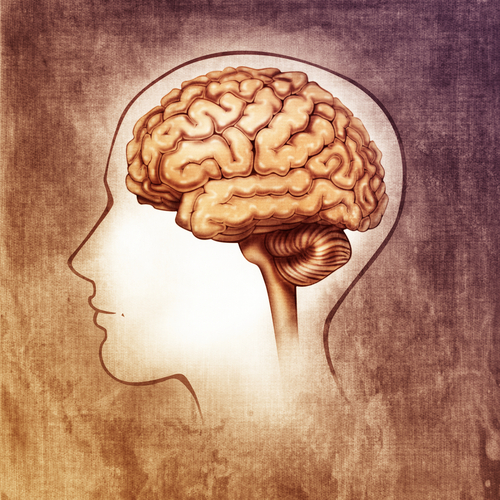The search for intelligence in the brain
Being intelligent is about being good at many things. Intelligence researchers assign a single number to a diverse constellation of aptitudes, and this single number is the best across-the-board predictor of performance that differential psychology has ever yielded. Intuitively, there should be an ability behind this constellation: the more of this ability people have, the … [Read more…]
